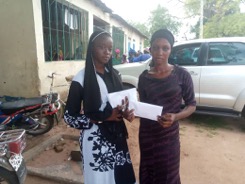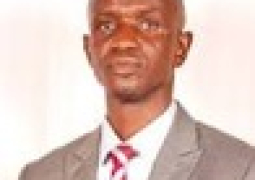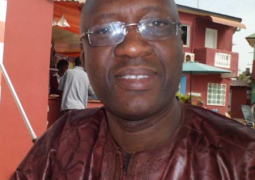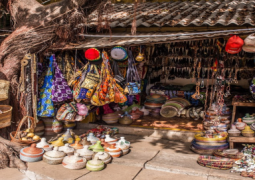
Nafa is a component of the Social Safety Net Project (SSNP), a project that is supported by the World Bank to the tune of US$30 million and a US$1 million contribution from The Gambia government to support the initiative. The World Bank, described as "great partner to The Gambia" by the Ministry of Finance and the President, is intervening in different ways to support the country's growth.
The Point visited Bantunding and Boro Kandeh, a pay point settlement in Wulli East where several villages met to collect D3000 for the first time as a roll out to the district for a period of two months. The villages are expected to receive a sum of D3000 every two months and will last for 18 months. National Nutrition Agency (NaNA) is implementing the project with Department of Community Development and the Directorate of Social Welfare as key partners.
Musa Dahaba, senior programme officer, NaNA expressed the significance of the project, saying one of the objectives is to improve coordination of social assistance activities, provide temporary social assistance support to rural households in the wake of COVID-19, and increase inclusiveness of the extreme poor in the Nafa Programme.
"We want to build households’ resilience and make sure that the nutritional status of children in households is improved. Those parts of the project are selected from the poorest. This project is 18 months and we don't want the beneficiaries to remain in the same status after the project. They should be using the money to buy food and save some."
On how they were identified as the extreme poor, he said, they started selecting the districts through the data that was collected from the Gambia Social Register (Gam SR) and previous surveys like the integrated households survey that were conducted by Gambia Bureau of Statistics.
Kebba Jatta, the regional social welfare officer, Upper River Region (URR), said the project is timely for the poor and would meet the basic needs of beneficiaries in terms of taking care of the needs of their families. He added that SSNP is a step in the right direction to help poor households.
Explaining why the project focuses only on rural households, he said "districts differ in terms of poverty indication. The rural people are more vulnerable and it is very visible for people to see by looking at the education, health services and social life."
He thanked the World Bank for the initiative of complementing government's efforts, saying the social protection policy informed how committed the government is in supporting the people.
Alhagie Jatta, community development officer, URR, also emphasised how the project contributed to the development of rural communities, saying the amount given to the beneficiaries will help boost their living conditions.
"We know the living conditions of poor farmers. Some find it difficult to get food and some have a small family but still struggle in providing food."
Koday Wally and Kissima Garie, both beneficiaries and residents of Boro Kandeh, expressed delight while thanking the World Bank and the Gambia government for the timely support through implementing partners.
Read Other Articles In Headlines




